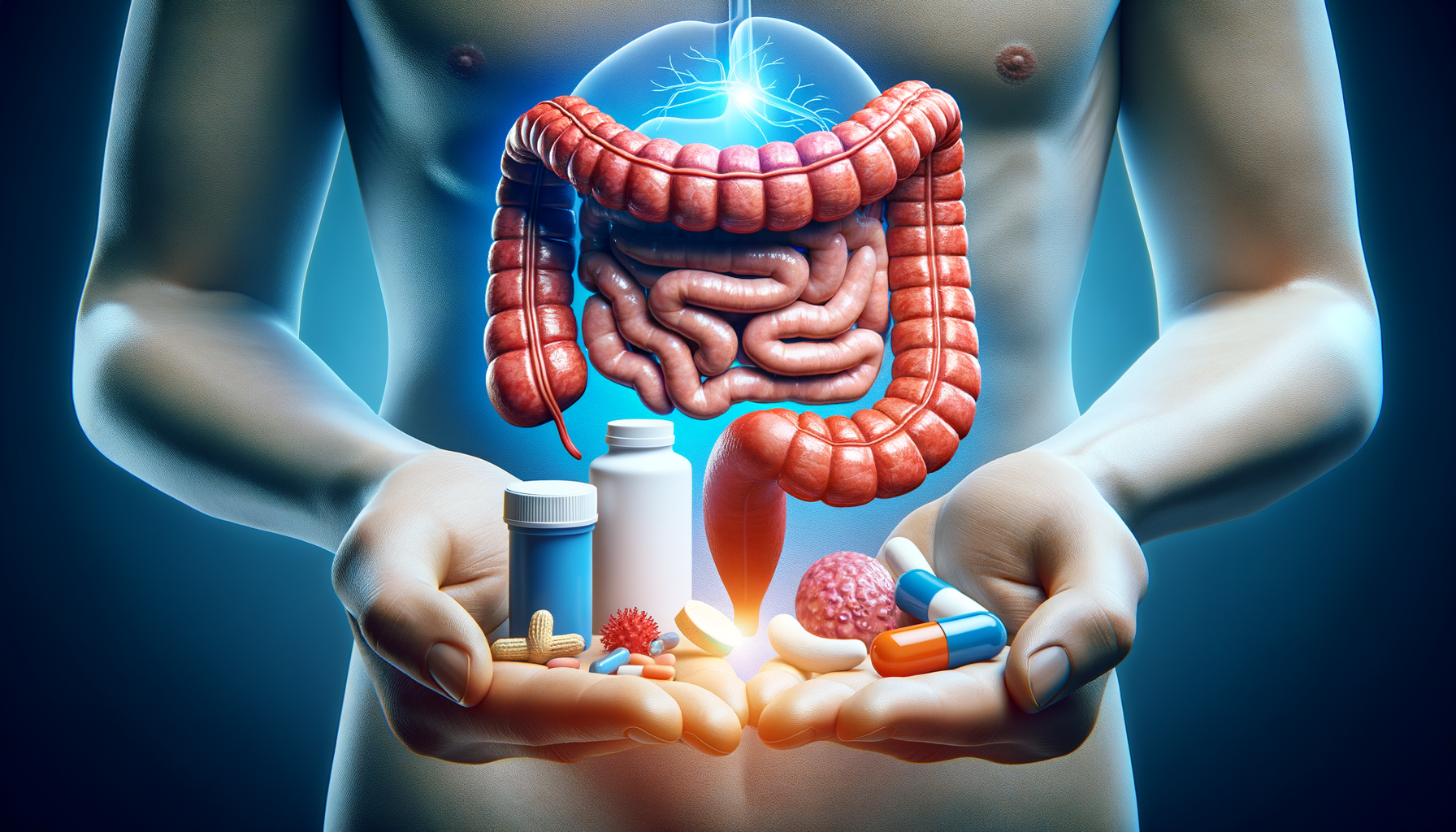What is Low Testosterone and Why Does It Matter?
Testosterone is a crucial hormone in the male body that influences everything from muscle mass and bone density to mood and energy levels. As men age, it’s normal for testosterone levels to gradually decline. However, some individuals experience a more significant drop, leading to a condition known as low testosterone or hypogonadism. This condition can result in symptoms such as fatigue, reduced libido, weight gain, and even depression. Recognizing these symptoms early is key to exploring effective treatment options.
Low testosterone can be diagnosed through a combination of symptom assessment and blood tests. A healthcare provider will typically measure a patient’s testosterone levels in the morning, as this is when levels are at their peak. If levels fall below the normal range and symptoms are present, treatment may be considered. Understanding the underlying causes—whether age-related, due to injury, or resulting from a medical condition—is essential for choosing the most appropriate therapeutic approach.
Common Treatment Options for Low Testosterone
There are several treatment options available for men diagnosed with low testosterone. The goal of treatment is to restore hormone levels to a normal range and alleviate symptoms. The most common method is testosterone replacement therapy (TRT), which comes in several forms:
- Topical gels or creams applied to the skin
- Injections administered by a healthcare provider or self-administered
- Transdermal patches worn daily
- Implantable pellets placed under the skin
- Oral tablets or capsules (less commonly used due to potential liver effects)
Each method has its own advantages and limitations. For instance, gels and creams offer convenience but may transfer to others through skin contact, while injections provide consistent levels but require regular administration. It’s important for individuals to discuss preferences, lifestyle, and medical history with their healthcare provider to determine the most suitable option.
Potential Benefits and Risks of Treatment
When testosterone levels are successfully restored, many men notice improvements in energy, mood, and overall well-being. Some of the reported benefits of low testosterone treatment include:
- Increased muscle mass and strength
- Improved sexual function and libido
- Better bone density
- Enhanced mood and cognitive focus
However, it’s important to be aware of the potential risks and side effects. These may include acne, sleep apnea, breast enlargement, and an increased risk of blood clots. Additionally, TRT may suppress sperm production, which could affect fertility. Because of these considerations, treatment should always be guided and monitored by a qualified healthcare professional to ensure safety and effectiveness.
Lifestyle Changes That Support Hormonal Health
While medical treatments are effective, lifestyle changes can also play a significant role in supporting healthy testosterone levels. Men experiencing mild symptoms or those looking to maintain hormone balance can benefit from the following habits:
- Regular physical activity, especially resistance and strength training
- A balanced diet rich in protein, healthy fats, and essential nutrients
- Managing stress through relaxation techniques or counseling
- Getting adequate sleep each night (7-9 hours)
- Avoiding excessive alcohol and maintaining a healthy weight
These habits not only support hormonal health but also contribute to overall wellness. In some cases, addressing factors like obesity or chronic stress can significantly improve testosterone levels without the need for medication.
When to See a Doctor
If you’re experiencing symptoms that may be related to low testosterone, it’s important not to self-diagnose or attempt treatment without professional guidance. A healthcare provider can conduct the appropriate tests, assess your symptoms, and help you determine whether testosterone therapy is right for you. It’s also essential to rule out other medical conditions that could be causing similar symptoms, such as thyroid disorders or depression.
Early intervention often leads to better outcomes. Men with a family history of hormonal issues or chronic illnesses should consider periodic screenings, especially after the age of 40. Open communication with your doctor about changes in your health, mood, or energy levels can provide valuable insights and guide appropriate treatment decisions.




Leave a Reply